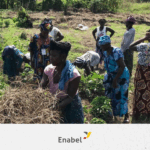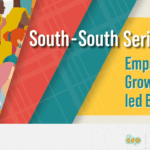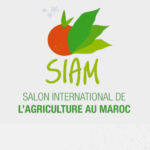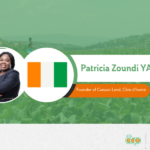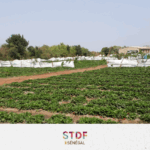COLEAD Consultative Committee 2023: The Association stands at a crossroads
- 20/12/2023
- Posted by: Sandra Borma
- Category: News
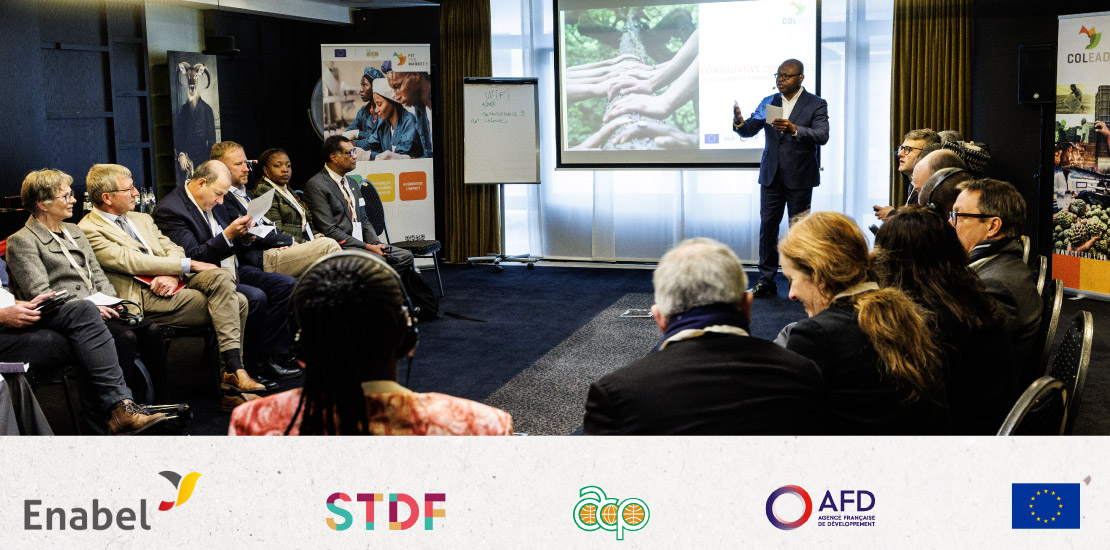
On December 1st, a year after the 2022 Consultative Committee (AC), COLEAD, represented by its management and Board of Directors, convened with key partners to assess progress and strategise on leveraging COLEAD’s toolbox and network for contributing to Sustainable Development Goals (SDGs). The primary objective is to align COLEAD’s future actions based on shared technical and policy priorities, confirming the organisation’s course for the coming years, starting in 2024.
The General Delegation of the association presented a comprehensive review of the year and upcoming challenges for COLEAD. The voices of African and European entrepreneurs, Directors of COLEAD, and representatives from INTPA of the European Commission, the Organization of African, Caribbean, and Pacific States (OACPS), the French Development Agency (AFD), ENABEL, and the Standards and Trade Development Facility (STDF) of the World Trade Organization were then heard.
Together, we acknowledged the complexities of an increasingly challenging world, grappling with climate emergencies, post-COVID consequences, and conflicts in Ukraine and the Middle East. This prolonged crisis affects agricultural and food systems, as illustrated by an importer of “fair trade” products who struggled to meet customer demands this year for the first time. Despite these challenges, the agrifood sector remains pivotal for many developing countries, providing local and international opportunities while supporting economic growth, poverty reduction, food security, and generating employment and income, especially for women and youth.
Participants highlighted their priorities, thoughts, and constraints—be they entrepreneurial, economic, or political—while expressing a collective commitment to transforming food systems. The OACPS emphasized the post-Cotonou agreement’s priority to advance the implementation of sustainable development goals. AFD and ENABEL underscored climate and biodiversity challenges, advocating for agroecology. The STDF stressed the importance of food safety in international trade.
Several entrepreneurs in Africa shared impactful initiatives, such as environmental preservation in Togo through tree distribution, significant reductions in pesticide use in Ivorian banana production, and the development of the pepper industry in Cameroon through partnerships involving AFD, STDF, and COLEAD.
Access to funding for small structures, EU regulatory requirements, and effective solutions to control pests and diseases emerged as top priorities for COLEAD to address alongside its historical role in technical capacity building. While all participants recognized the importance of the SDGs, their practical application, especially those related to the European Green Deal, requires time and adaptation to local contexts, particularly for the most vulnerable countries.
“We must be ambitious and innovative,” emphasised Junior Lodge, Assistant Secretary-General of the OACPS. For COLEAD, this implies inspiring others through best practices. “COLEAD is a family; we speak from the heart,” said Leonard Mizzi, Head of Unit at INTPA. He invited COLEAD to integrate in its strategic plan feedback from the field and the need to prioritise actions to increase the impact of collective efforts in contributing to SDGs.

